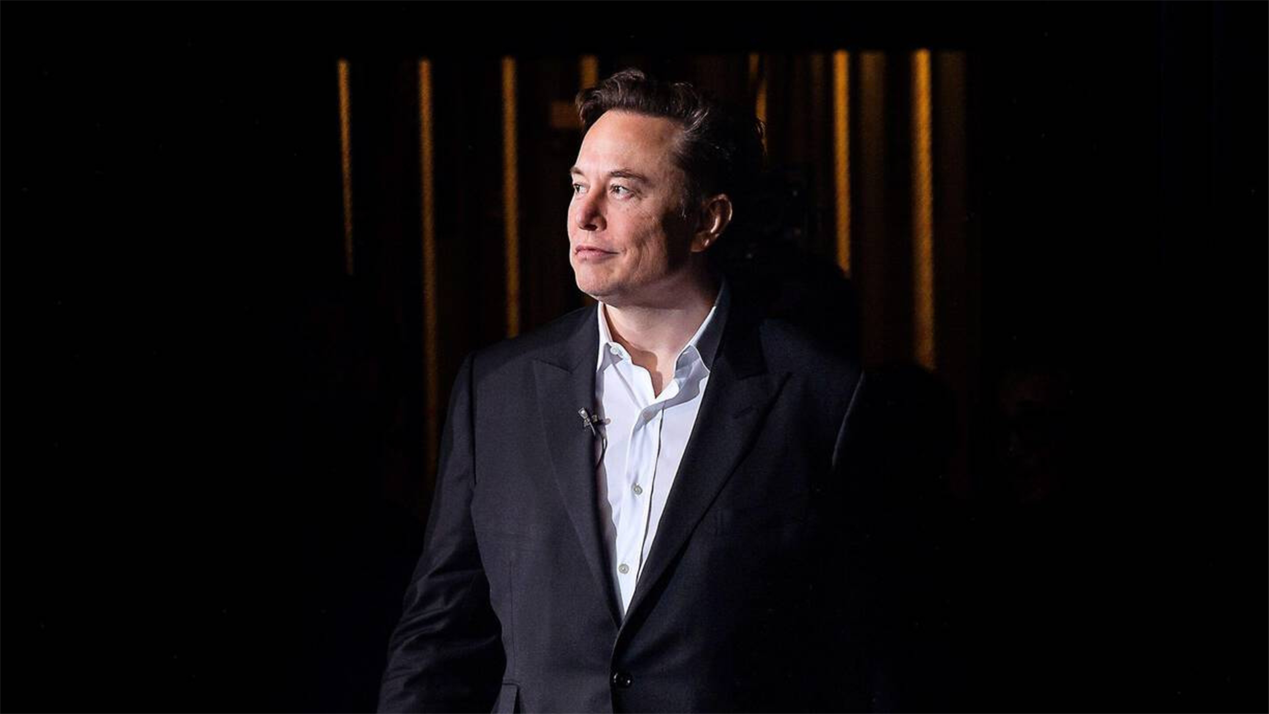
Why Skills-First Leadership Is Replacing the Ivy League Playbook in the C-Suite
The old prestige pyramid—where Ivy League degrees and blue-chip consulting backgrounds paved the way to the CEO seat—is cracking.

The Securities and Exchange Commission (SEC) has escalated its legal battle with Elon Musk, demanding that a federal judge impose sanctions against him for repeatedly failing to comply with court-ordered depositions related to a 2018 settlement agreement. The SEC argues that Musk’s refusal to cooperate with the deposition process clearly violates the settlement terms and constitutes contempt of court.
The settlement agreement in 2018 required Musk to step down as Tesla’s chairman and pay a $20 million fine after he tweeted misleading statements about taking the company private. As part of the settlement, Musk also agreed to cooperate with the SEC’s oversight of his public statements regarding Tesla.
However, the SEC has alleged that Musk has been evasive and obstructive in his responses to deposition questions. The agency argues that Musk’s behavior is designed to delay the investigation and prevent the SEC from obtaining the information it needs to ensure that he complies with the terms of the settlement agreement.
In its latest filing, the SEC has asked the court to order Musk to pay fines for each day he continues defying the deposition order. Additionally, the SEC has suggested that the court could hold Musk in contempt of court and impose other penalties, such as imprisonment.
The SEC’s action is a significant escalation in the ongoing legal battle between Musk and the agency. If the court were to impose sanctions against Musk, it could have serious consequences for him and Tesla.
As of September 23, 2024, the SEC’s motion for sanctions is pending before the court. Musk has not yet responded to the SEC’s allegations.

The old prestige pyramid—where Ivy League degrees and blue-chip consulting backgrounds paved the way to the CEO seat—is cracking.

Loud leaders once ruled the boardroom. Charisma was currency. Big talk drove big valuations.

But the CEOs who make history in downturns aren’t the ones with the deepest cuts

Companies invest millions in leadership development, yet many of their best executives leave within a few years. Why?

The most successful business leaders don’t just identify gaps in the market; they anticipate future needs before anyone else.

With technological advancements, shifting consumer expectations, and global interconnectedness, the role of business leaders

Following a distinguished Law Enforcement career Joe McGee founded The Securitatem Group to provide contemporary global operational specialist security and specialist security training products and services for private clients, corporate organisations, and Government bodies. They deliver a wide range of services, including complete end-to-end protection packages, close protection, residential security, protection drivers, and online and physical installations. They provide covert and overt investigations and specialist surveillance services with a Broad range of weapons and tactical-based training, including conflict management, risk and threat management, tactical training, tactical medicine, and command and control training.

Jay Wright, CEO and Co-Owner of Virgin Wines infectious energy, enthusiasm, passion and drive has been instrumental in creating an environment that encourages talent to thrive and a culture that puts the customer at the very heart of every decision-making process.

Fabio de Concilio is the visionary CEO & Chairman of the Board at Farmacosmo, a leading organization dedicated to mental health and community support services. With a deep commitment to identifying and meeting customer needs, Fabio ensures that high standards are maintained across the board.

Character Determines Destiny – so said Aristotle. And David CM Carter believes that more than anything else. For David, it has been numerous years of research into codifying Entelechy Academy’s 54 character qualities that underpin everything he stands for as a leader and teacher.


Leave us a message
Subscribe
Fill the form our team will contact you
Advertise with us
Fill the form our team will contact you